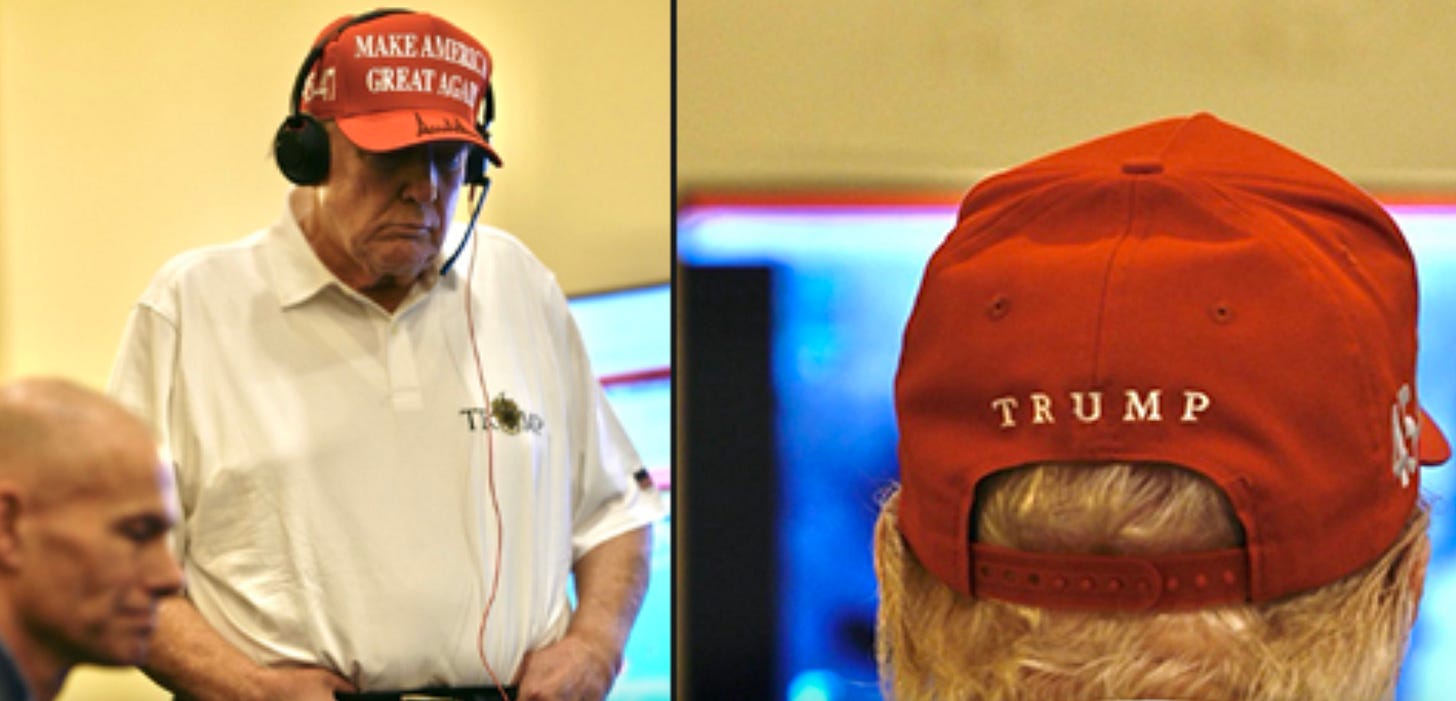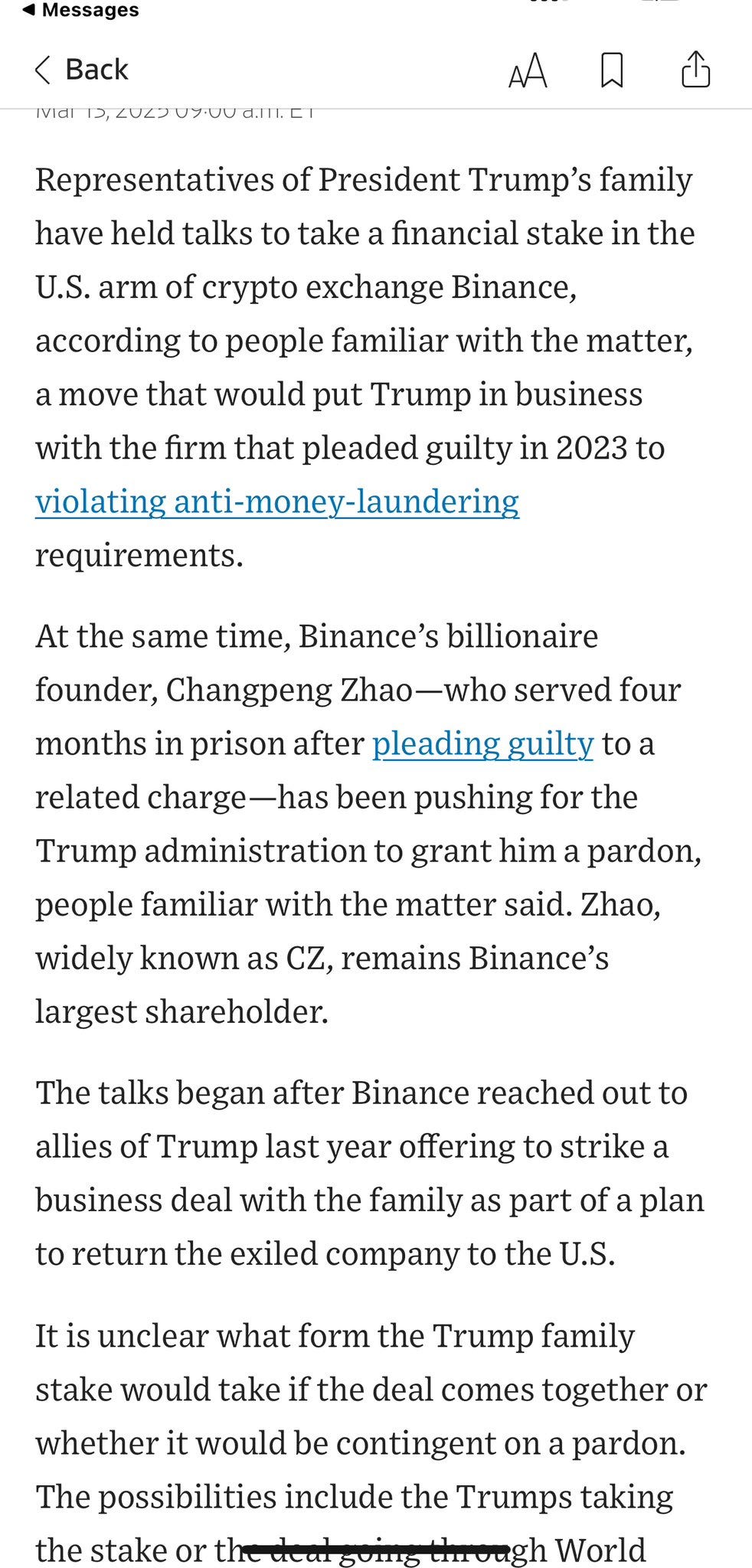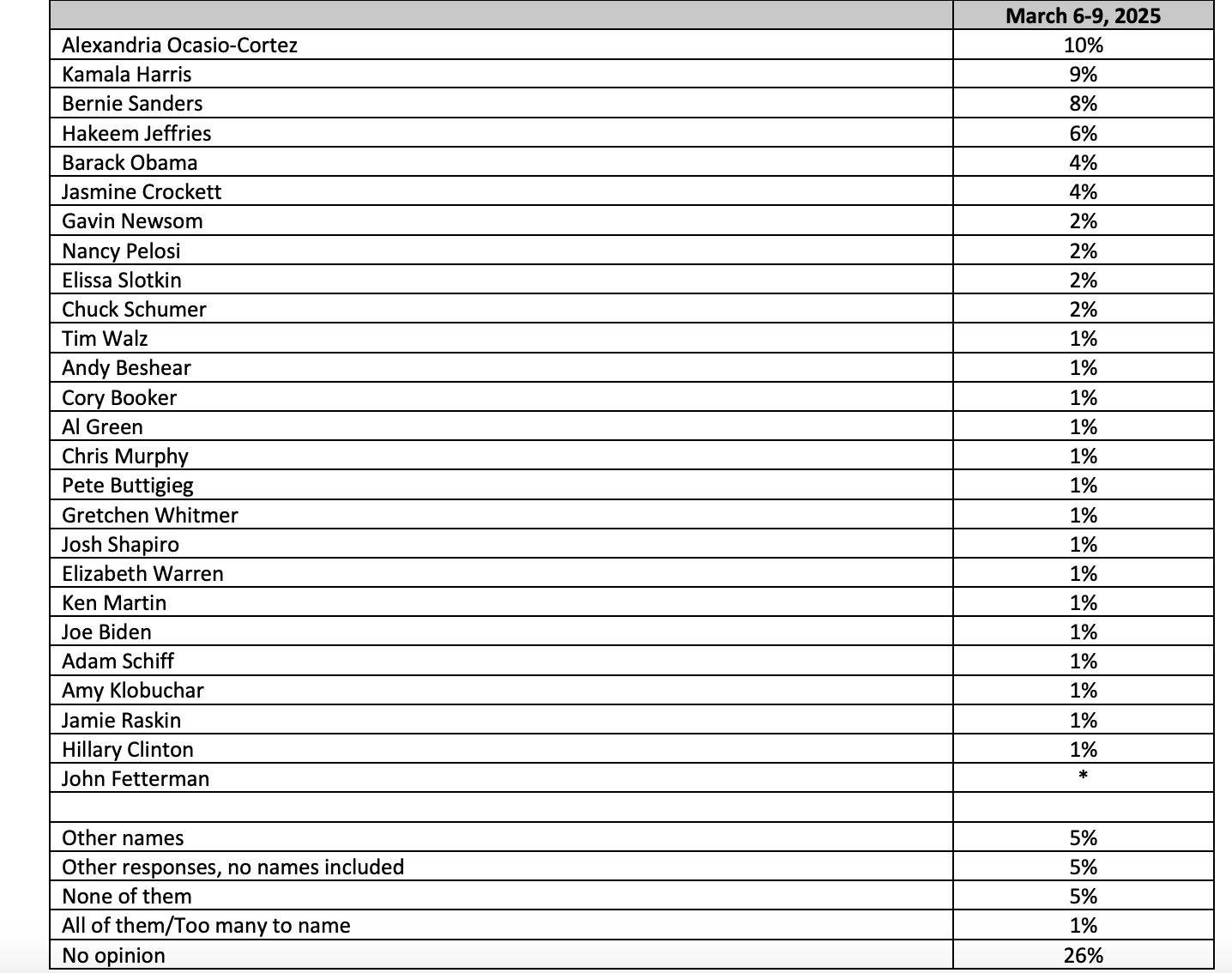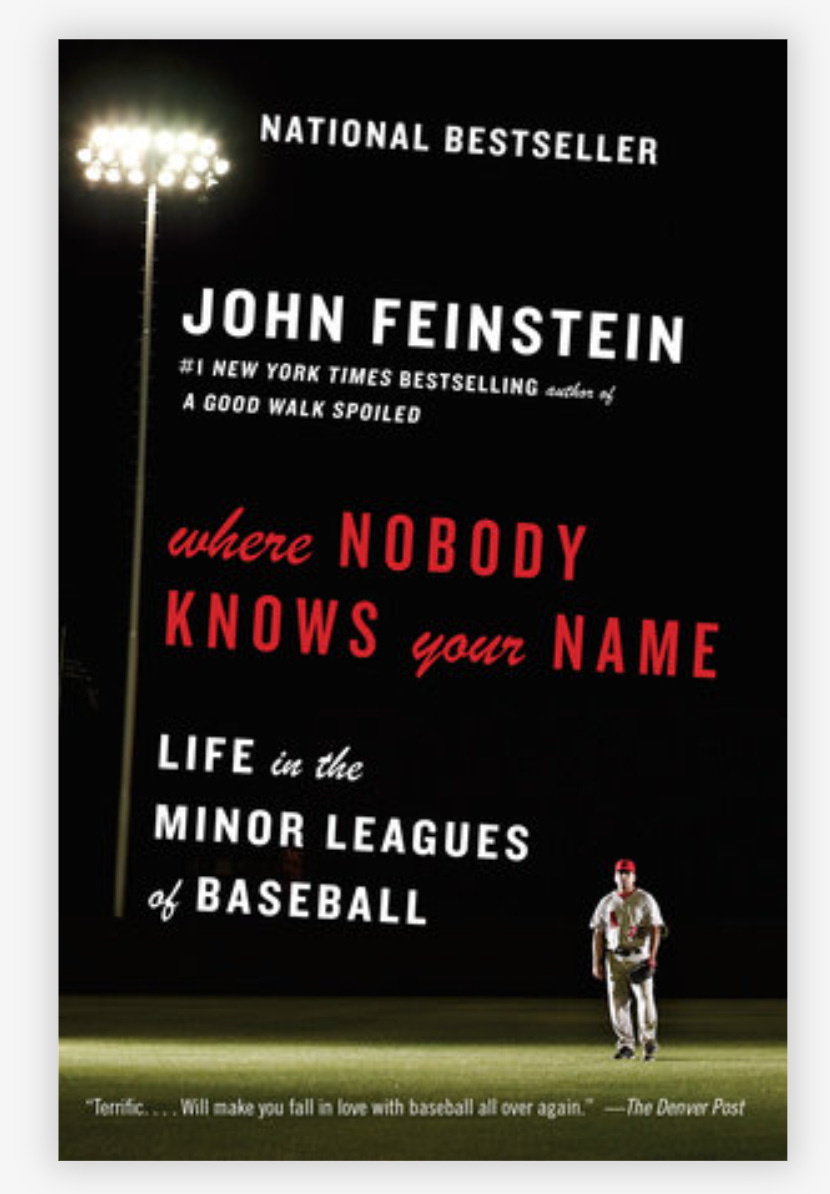What Is It Good For?
Absolutely nothing. Say it again.

Passing the halfway point of the first 100 days of his second term Donald Trump is, by choice, embroiled in numerous wars foreign and domestic.
Of the two occupying most of the headlines this past week, one appears to be escalating as another is – perhaps – moving towards a conclusion. Trump’s control over the first is increasingly chaotic and unpredictable, while he has handed the fate of the second to Vladimir Putin.
Despite Ukraine’s apparent willingness to steer its resistance to a just resolution of the conflict, it was hardly a surprise that Putin was hesitant to embrace the initial US ceasefire proposal. Since he did not have to negotiate or make any concession to get to the position he was already at, there is much more he thinks he can get. So far, the Kremlin appears to have played Trump perfectly, but really, it wasn’t much of a contest.
Jamie Dettmer writes at Politico:
“The Russian leader has seen U.S. presidents come and go and, all too often, he’s deftly drained their stamina and exhausted their attention to get much of what he wants. The big question now is what U.S. President Donald Trump’s return shot will be. He’s the one in a hurry to end the war on Ukraine, burnishing his cherished reputation as a skillful deal-maker.
“Putin, meanwhile, has had the measure of his Washington opponents — and on Thursday, he demonstrated he understands Trump’s psychology. Praise the man while deflecting him; pat him on the head — something Ukraine’s passionate President Volodymyr Zelenskyy almost fatally forgot to do in his Oval Office meeting last month, prompting a hasty ejection from the White House…
“It was all drawn from the playbook that he and his lugubrious Foreign Minister Sergey Lavrov have used time and again: Obfuscate, delay, muddle, throw in some whataboutism, be sorrowfully unctuous, but make sure to dangle a carrot.”
As Europe continues to put together its response, thinking for the first time in almost a century of the US not as a trusted ally but a potential adversary, the President of Poland asked the US for nuclear weapons to deter Russia.
And just this weekend, Trump waded into another actual shootin’ war, ordering air strikes on Houthi targets in Yemen and warning Iran to end its support for the rebels, saying the US would “hold Tehran fully accountable and, we won't be nice about it".

*
Meanwhile, the consequences of what the Wall Street Journal described as the dumbest trade war in history – and that was weeks ago – may be less literally explosive but are similarly blowing up the global order. The G7 foreign ministers’ meeting in Quebec this week set a stage – but then what doesn’t? – for yet more bellicose rhetoric despite the host nation seeking an off-ramp to the spiralling dispute.
The full G7 meeting in Alberta in June will be fascinating. Who honestly knows where we’ll be by then?
Meanwhile in Washington, Josh Boak of the AP asked the White House press secretary to explain how she believed tariffs work and ended up with a response of “I think it’s insulting you’re trying to test my knowledge of economics and the decisions this president has made.”
(The White House has, of course, restricted the AP’s access to the White House and Air Force One over the wire service’s decision not to adopt the “new” name of the Gulf of Mexico.)
In Trump’s war against our own economy, the markets’ slump still shows no sign of prompting any reaction or course-correction from the White House. Jonathan Freedland sums it all up for The Guardian thus:
“It’s bad for the country and bad for Trump politically: the people most dependent on soon-to-be gutted government help such as Medicare or Medicaid are Trump voters. As the impact of the cuts kicks in – national parks closed during the summer, delayed benefits for veterans, a deadly accident, for example, in an area previously safeguarded – many Americans could sour on the president who promised to make their lives better. Especially when they see him go ahead with his signature policy: a $4.5tn tax cut that will massively benefit the very richest.
“Why, then, is Trump pursuing a course of action that can only damage the country and dent his own standing? The explanation lies in the way Trump sees the world. Which is through a lens clouded by the very phenomenon he once did so much to identify: fake news…
“It’s a function of Trump not shifting his core views in decades – he was banging on about tariffs in the 1980s – and being, as Zelenskyy memorably put it, “trapped” in a “disinformation bubble”. It consists of the team of sycophants that now envelops him – the “adults in the room” of the first term are long gone – and whose message is reinforced when he meets the press: note how many of the supposed reporters whom Trump encounters are, in fact, representatives from pro-Trump outlets so slavish they make Fox News look like Edward R Murrow.”
For many, the problem isn’t tariffs per se, but rather the unpredictability around how they’re being used. So as we wait for tomorrow’s open – hoping for more of Friday’s ‘relief bounce’ – and you check your 401k wondering where the bottom might be, you probably won’t want to read this story in the WSJ about deal talks between the Trump family and crypto exchange Binance. Financial markets just get more like the wild west every day. In any normal world this would be jawdropping.
If at the end of all this the country heads into a "Trumpcession", the sure bet is that one family will be fine and it’s not yours - whether or not you watch White Lotus.
***
But Wait, There’s More War…
You’ll often hear “Promises made, promises kept”. But the one war promised during the campaign that he’s now eager to make good on was always against the President’s perceived enemies. In this week’s combined speech and in-your-face victory lap at the Department of Justice – which just months ago was investigating him – President Trump spent an hour “laying out personal complaints about how “a corrupt group of hacks and radicals” wrongly prosecuted him during the Biden administration.”
After taking the unusual step (although, really, what is “usual” anymore?) of naming specific enemies, significantly starting with Democracy Docket’s Marc Elias, Trump said: “Now, as the chief law enforcement officer in our country, I will insist upon and demand full and complete accountability for the wrongs and abuses that have occurred.”
Introducing her boss, Attorney-General Pam Bondi abandoned any remaining pretence of the independence of her department or the rule of law, saying her team was proud to work “at the directive of Donald Trump”.
NBC’s Ken Dilanian writes:
“What is dramatic and unprecedented about Trump’s second crack at overseeing the Justice Department is the extent of the effort to shape the career workforce into one seen as more willing to do the president’s bidding.
“The overwhelming majority of the roughly 100,000 people who work at the Justice Department, the FBI and other agencies the DOJ oversees are not appointed by the president. They are career civil servants hired under federal rules that are supposed to offer them a measure of protection from politically motivated actions against them.”
In his speech, the President went on to call CNN and MSNBC “illegal” – just another part of his personal long-running war on the media, which this weekend saw journalists at Voice of America put on administrative leave, as well as the termination of grants for Radio Free Asia, Radio Free Europe and Radio Liberty.
Despite court rulings this week reinstating probationary employees and granting a temporary restraining order on Trump’s action against Marc Elias’s old law firm Perkins Coie, the White House imposed restrictions on employees of another prominent law firm, Paul Weiss.
When Trump infamously said during the campaign “I am your retribution,” he meant his own retribution, but co-opted those who supported him. Advancing a war on foreigners with performative moves like invoking the 1798 Alien Enemies Act may be perfectly in line with a campaign promise, providing a “people knew what they were voting for” fallback. But with plans for a broad new ban on travel, we can probably expect more stories like this down the road.
Two pieces at The Bulwark summed up where Trump’s war on free speech currently stands. Mona Charen wrote that Mahmoud Khalil has rights, dammit… while Jonathan Last compares the cases of Khalil and Marko Elez. The New Republic meanwhile, reports that Trump’s border czar Tom Homan said it was “absolutely” acceptable to detain and deport “legal” immigrants.
With an Executive Order on Friday, Trump ramped up his war on “unnecessary federal agencies” – including the only agency dedicated to funding library services.
The war on DEI, of course, continues, with some success in the courts this week for the administration, a Trump-appointed judge concluding that “Any individual judge’s view on whether certain Executive action is good policy is not only irrelevant to fulfilling our duty to adjudicate cases and controversies according to the law, it is an impermissible consideration.”
With dozens of people now dead in this weekend’s tornados, the war on weather forecasting with the eventual goal of privatising the National Weather Service seems – at least – somewhat misguided, while in the context of everything else going on it’s maybe easier to see things like the war on national parks, the war on pennies, or even the war on poppers, as nothing more than a distraction.
Yet there’s still no war on measles despite at least 250 cases now across the country, but the one against education appears to be moving right along. With his state at the center of the outbreak, Texas Gov Greg Abbott found time to endorse a bill banning furries in schools.
Perhaps the saddest thing you’ll read all week is this piece by Tom Bartlett in The Atlantic, about the man whose unvaccinated 6-year-old daughter became the first measles death in the United States in 10 years.
“Everyone has to die” the man says. “The vaccination has stuff we don’t trust.”
Whatever you believe and why you might believe it, this is just heartbreaking.
***
Civil War
In what was a no-win situation this week for Democrats, Chuck Schumer still found a way to lose.
The Senate minority leader eased the way for Republicans to pass a stopgap measure to keep the government operating and in doing so sparked a bitter divide among his own party.
Politico reported:
“Many Democrats saw a potential government shutdown as one of the party’s sole points of leverage on the government funding bill as Trump and Elon Musk have moved to shutter programs and cancel spending previously allocated by Congress. But Schumer and a handful of Democrats aligned with him argued doing so would only give the pair more power, and that the consequences of a shutdown would be worse than the bill.”
As if to illustrate how disjointed the opposition party is right now, a CNN survey asked respondents to name the “one person who best reflects the core values of the Democratic Party?” It was a long list.
The immediate future for the party seems as unpredictable as the current President.
But that’s enough war for now.
Thomas Zimmer, in his excellent substack Democracy Americana, writes that:
“It feels overwhelming sometimes. There is never time to dwell on anything – the next outrageous announcement, the next dangerous escalation is always lurking. It is easy to get lost in the outrageousness of it all. So much is happening, on so many levels, each day. And yet a key challenge is to take a step back and grapple with what it all adds up to.”
Exactly.
***
Finally, The New Season Is Here
With MLB’s Spring Breakout futures mini-tournament concluding on Sunday, and warm-up games for the Cubs and Dodgers at the Tokyo dome over the weekend, the stage is set for Opening Day on Tuesday.
Michael Clair writes about how 150 years of baseball history has led to this historic Opening Day in Tokyo.
“In 2000, MLB opened the year in Tokyo for the very first time, with the Mets and Cubs playing before an absolutely packed, sold-out crowd.
“Four years later, MLB returned again and Japanese legend Hideki Matsui got the very first hit of the year with a double. He followed that up with a home run into the crowded outfield stands a few innings later.
“Now, Japanese stars come to the Major Leagues and become standouts -- whether it’s Hideo Nomo and his twisting tornado of a windup leading to Nomomania, Ichiro slashing his way to the single-season hits record or Ohtani crushing 50 home runs and stealing 50 bases in a single year, a combo previously thought not just unattainable but unimaginable.”
(Read my Q&A from a couple of seasons back with baseball writer Danny Knobler, who’ll be at the Tokyo Dome this week – ‘Relief’ )
Rays Reversal
The owner of the Tampa Bay Rays announced this week that the team would not be moving forward with plans to build a new stadium in St Petersburg. The Rays’ Tropicana Field was badly damaged by Hurricane Milton last October.
Chelsea Janes at The Washington Post reported:
“Now the Rays’ long-term future is as uncertain as their short-term future is strange: Because of the damage to Tropicana Field, the Rays will play their 2025 home games at Steinbrenner Field, home of the New York Yankees’ low Class A affiliate in Tampa, while St. Petersburg pays to fix Tropicana Field for 2026. The Rays’ lease includes three more seasons there, which means they will need a permanent home in time for the 2029 season.”
Everyone Knew His Name
Finally, sportswriter and author John Feinstein died this week at the age of 69. While mainly known for his work about basketball, he enjoyed all sports, writing the particularly excellent baseball book “Where Nobody Knows Your Name” about life in the minor leagues, in 2014.
***
Thanks for reading. You might also enjoy…
Warning Signs, March 9 – “But he’s good on the economy…”
Once In A Generation Moment, February 23 – In the end Donald Trump didn’t need to pull the US out of NATO. He just changed sides.
Disorder In The House, December 20, 2024 – The incoming President’s retribution tour bus hits a wall on its first lap.
A full archive of weekly columns is here.
***





